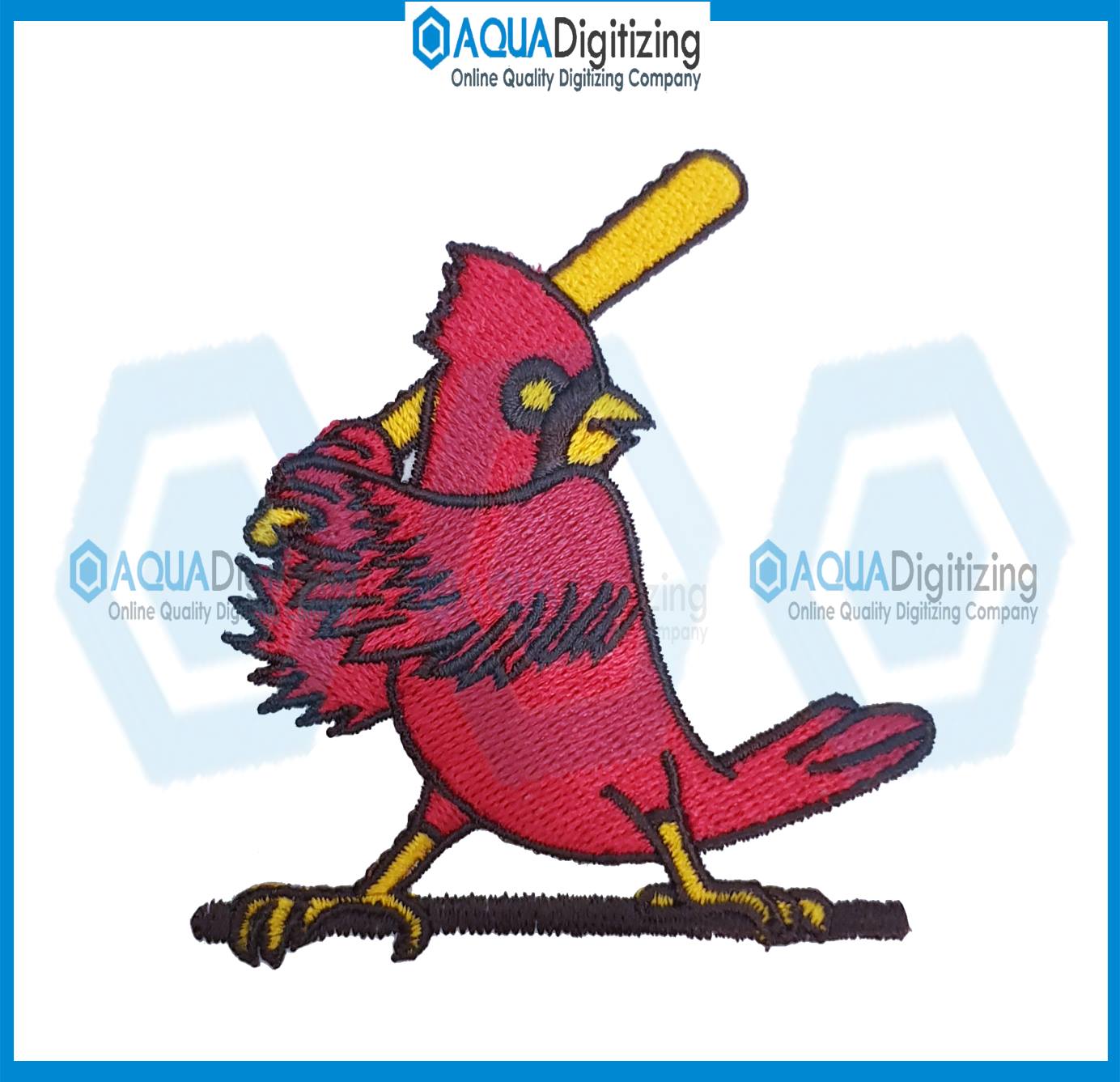
Pricing is very challenging for custom embroidery. It is very relevant to the custom embroidery business. If you are starting a business, you will receive the optimum amount that is neither high nor low. It is not common amongst the new starter. A businessman becomes broke if he starts at a low price. It will not profit him at any cost. It is essential to observe the cash flows. Even pricing very high will not make the customers in substantial number. And it leads to a low profit. Some strategies to price custom embroidery have given below.
1. Determine Business Code:
Base cost in embroidery is the first step to cover. It is the operational cost, which is imperative as it marks the threshold for the price. First, start with rents and lease payments. We are just calculating the cost per hour; a good figure will come out of these expenses. It also includes phone bills, electricity, and postal bills. Later, include the yearly supplies of raw material, costs of thread, needles, etc. In the end, including labor costs. Or if you have an outsource of digitizing, then add its price. For the hourly cost of running your business, calculate the hours of spending in operating your business. Multiply your weekly hours with the entire weeks in a company then divide your complete expenses with total hours.
2. Cost per Unit:
Calculate the stitching speed of the machine. If there are 14,000 stitches per hour for the embroidery machine. Calculate the costs of 1000 stitches. Consider its $10 then multiply stitches per hour with the cost per hour (14,000 x 10). You will receive a total hourly cost of embroidering. When you get this amount, you can get the total hourly amount of running your business.
3. Cost Plus pricing:
The base coat plus the profit your business makes is the selling price. To find out the selling price, we work backward with the yearly profit target. For instance, consider an amount of 80,000 that home-based business wants to make yearly. Divide this 80,000 by the number of hours in a year and then hourly stitch count of the machine. An estimate of selling price to generate similar profit will be provided by adding the hourly base cost. Mark the amount of garment in the final price of the product.
4. Market Down Pricing:
It depends on the profit that your business will make and deciding the selling price from the market insights. The customer buys on the amount he gets for a different level of quality. He is not interested in your profit. Always look at the competition before determining the selling price.
5. Competitive Custom Embroidery Pricing:
The competition is very high in the market. If you want to make a high price, then increase the value of the product. Embroidery digitizing is an integral part of improving quality. You can price higher with being competitive by increasing perceived value.
 315-215-0681
315-215-0681







